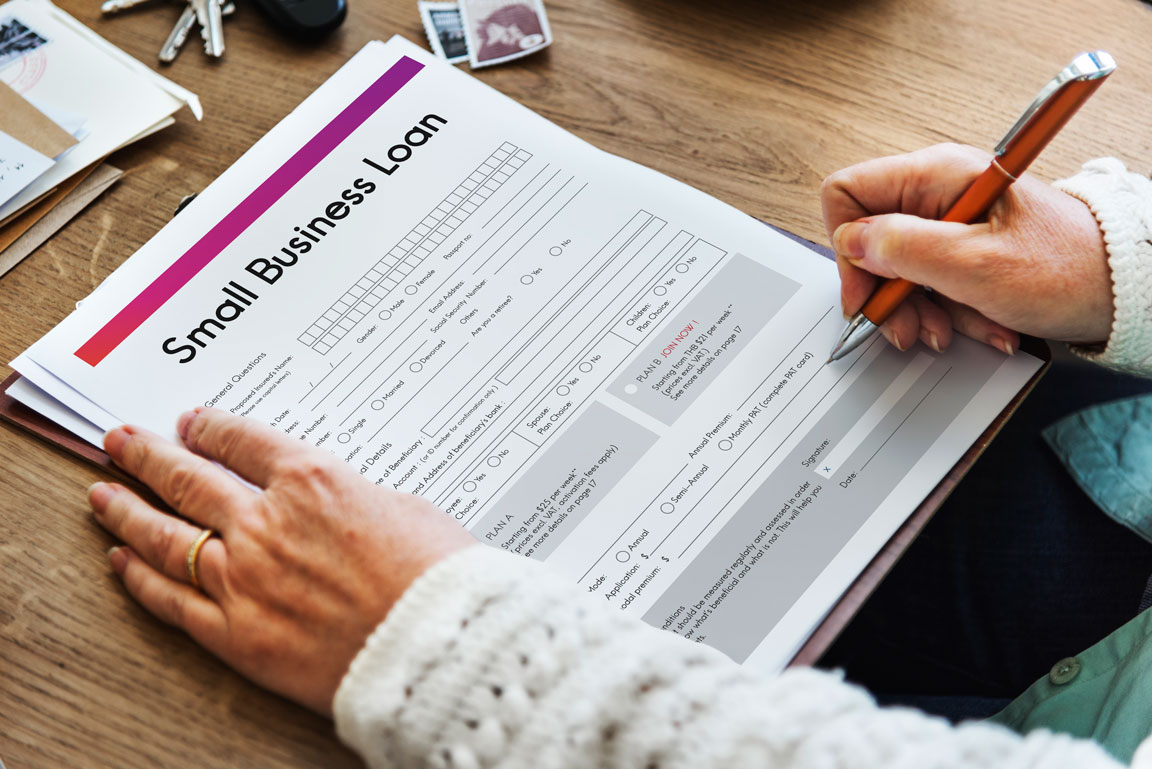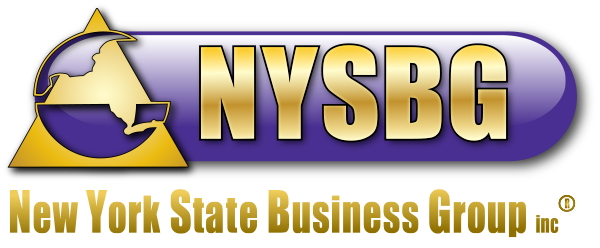The US Small Business Administration (SBA) offers small businesses several guaranteed loan options, providing the funding necessary to start or expand your business. This article will provide information on the different types of loans they offer and some standard eligibility requirements.
General Eligibility Requirements
Lenders and loan programs have unique eligibility requirements. In general, eligibility is based on what a business does to receive its income, the character of its ownership, and where the business operates. Normally, businesses must meet SBA size standards, be able to repay, and have a sound business purpose. Even those with bad credit may qualify for startup funding. The lender will provide you with a full list of eligibility requirements for your loan.
Some SBA Loan Eligibility Requirements Include:
Be a for-profit business
The business is officially registered and operates legally.
Do Business in the US
The business is physically located and operates in the United States or its territories.
Have invested equity
The business owner has invested their own time or money into the business.
Exhaust financing options
The business cannot get funds from any other financial lender.

The Different Types of SBA-Guaranteed Loans
The SBA partners with trusted lenders, reducing the risk to your business while providing easier access to your loan. There are three primary types of SBA-guaranteed loans, each with unique benefits and eligibility requirements.
7(a) Loans
The 7(a) Loan Program, SBA’s most common loan program, includes financial help for small businesses with special requirements. This is the best option when real estate is part of a business purchase, but it can also be used for:
- Short- and long-term working capital
- Refinance current business debt
- Purchase furniture, fixtures, and supplies
The maximum loan amount for a 7(a) loan is $5 million. Key eligibility factors are based on what the business does to receive its income, its credit history, and where the business operates. Your lender will help you figure out which type of loan is best suited for your needs.
504 Loans
The CDC/504 Loan Program provides long-term, fixed rate financing of up to $5 million for major fixed assets that promote business growth and job creation.
504 loans are available through Certified Development Companies (CDCs), SBA’s community-based partners who regulate nonprofits and promote economic development within their communities. CDCs are certified and regulated by the SBA.
Microloans
The microloan program provides loans up to $50,000 to help small businesses and certain not-for-profit childcare centers start up and expand. The average microloan is about $13,000.
SBA provides funds to specially designated intermediary lenders, which are nonprofit community-based organizations with experience in lending as well as management and technical assistance. These intermediaries administer the Microloan program for eligible borrowers.

Securing a Loan for Your Small Business
The SBA can help secure a small business loan tailored to your specific needs. Before beginning the application process, you should prepare by gathering information and research, including:
- Estimate of the capital you need and details on how you will use it
- Credit history
- Realistic financial projections that show you will be able to pay back the loan
- Collateral
In short, you want to present lenders with data and insight that make them feel confident about agreeing to the business loan you are seeking.

